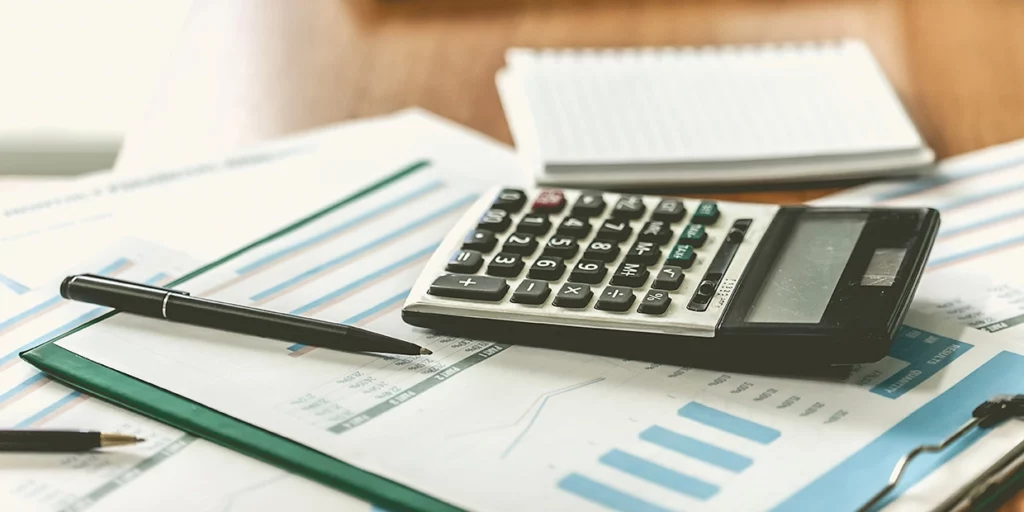Financing Emergencies

Financing Emergencies
A costly car repair. A medical mishap. Getting laid off. Or the perfect storm of too many unplanned expenses tugging at your wallet.
Whatever the financial frustrations, being short on cash leaves you short on options. Or does it?
Here are some financial safety nets to consider.
Personal Loans
A personal loan is a loan that does not need to be secured by collateral or funds in account. This makes it an unsecured loan. Because it is unsecured, two of the main ways you qualify are your credit score and your employment/income.
Typically, people take out personal loans for something they need on a personal level, as opposed to a business loan. For example, the money might go to consolidating your credit card debt or paying for an emergency.
You can use the personal loan money for whatever you like, but typically if you want an auto loan or a home loan, you’d seek the funds for those purchases under those loan types.
Personal loans typically have:
- No origination fees
- No upfront closing costs
- Interest rates that are lower than credit cards
- Predictable payments
- Term lengths up to 48 months (4 years)
One popular reason people take out personal loans is to consolidate credit card debt. Credit card interest is typically higher than personal loan interest, so paying off credit cards using a personal loan wipes out the higher interest.
If you are considering a personal loan, beware of the “predatory” types. Payday loans, auto pawn loans and cash title loans fall into the class of personal loans, but they work differently. With these, a loan company advances you money based on the value of a future paycheck or a vehicle. The loans offer convenience, but the interest rates tend to be astronomical.
Additionally, if you’re considering a personal loan, be sure to ask if there are prepayment penalties if you pay the debt off before the term ends.
Credit Cards
Credit cards offer another handy emergency credit option. Credit cards attach to a line of credit and work like a loan. Each time you make a purchase, you use up a portion of the credit line and create a balance. When you pay the balance, you free up whatever you paid back and can use it again.
Credit cards typically have a 25-day grace period. This can really work in your favor. If you are short on cash and just need money to tie you over to payday, you might be able to use a credit card and pay it off by the due date. Doing this gives you a “free” loan. It also helps you to build credit. And if your credit card offers reward points, you get those too!
Smart Practices
When considering emergency credit options, the key word is emergency. Don’t use a personal loan for everyday purchases; use it as part of a strategy to finance something at a favorable interest rate.
If you use your credit card for everyday expenses, try to pay the balance in full or soon after.
Additional best practices for credit cards:
- Try not to max out your card. Credit scores evaluate the percentage utilized of credit line(s). The general recommendation is to keep your usage under 30%. So if you have a $1,000 limit, try to keep your balance under $300.
- Try to pay your credit card balance off every month (on time). This will:
♦ build good credit
♦ prevent interest charges
♦ prevent late-payment charges. - If you can’t pay off the entire balance, do your best to pay more than the monthly minimum.
Have a Financial Emergency? Let Us Help.
County Federal offers an Emergency Relief Loan that can cover those unexpected expenses. Click here to learn more.






